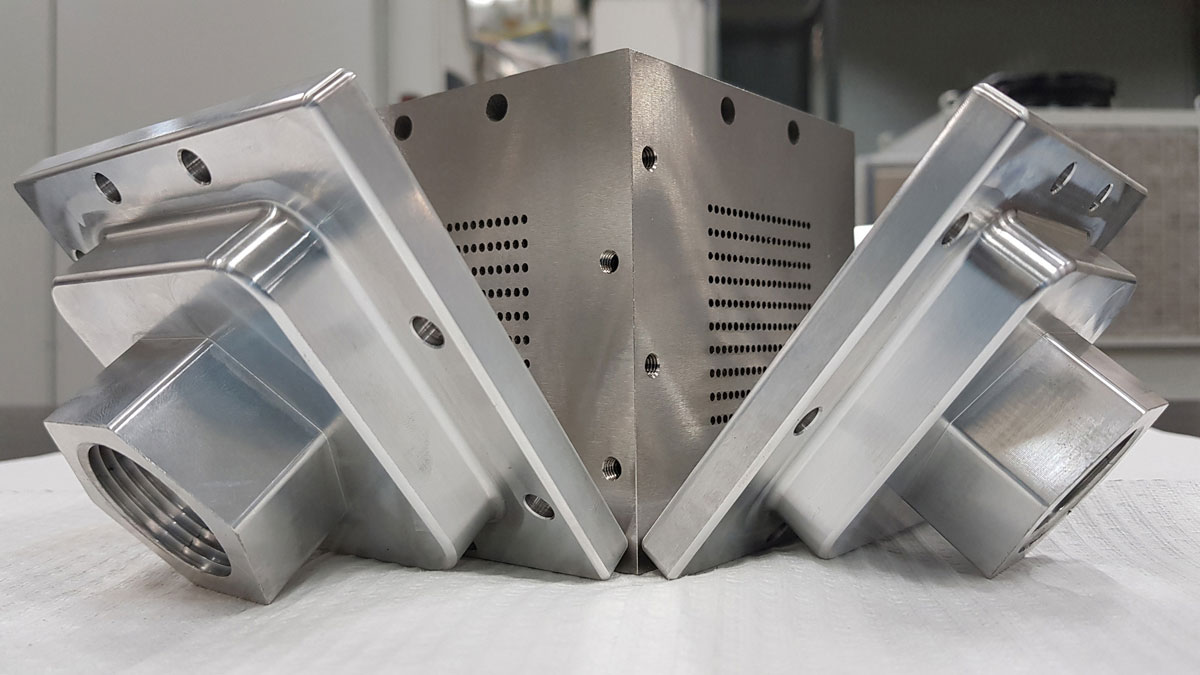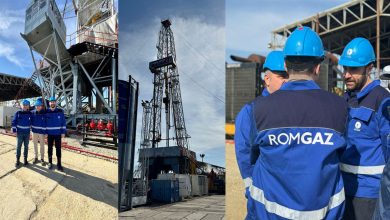ZEISS, SENAI and PETROBRAS to Develop and Validate Methodologies for Oil & Gas
Since January 2021, ZEISS has been working with the non-profit, private research and technology organization SENAI (Brazil) and with the energy company Petróleo Brasileiro S.A. (PETROBRAS, Brazil), which specializes in oil and gas. The aim of the research alliance is to develop and validate methodologies for the manufacturing and qualification of static as well as dynamic critical components for the oil and gas industry within the next two years.
The research focus is on the evaluation of Laser Beam Powder Bed Fusion (PBF-LB) as well as Laser Beam Directed Energy Deposition (DED-LB). Additive manufacturing processes that are already used in the production and repair of components such as valves, flanges, and heat exchangers. Of extreme importance for economical production of these parts, according to Dr. Edson Costa Santos, Senior Application Development Manager Additive Manufacturing Process & Control, ZEISS IQS Germany, is “a precise understanding of powder aging and the influence of powder degradation on defects in the final parts.”
By using multiscale multitool computed tomography strategies, ZEISS, together with SENAI and PETROBRAS, are applying a scientific and technical approach for rapid parameter development and process stability. As part of the jointly defined roadmap, the research and industrial partners are specifically collaborating on the following:
- Selection of high-added value and critical components of the oil and gas industry for on- and off-shore environments;
- Raw material (powder) processability, recyclability, traceability, and quality control;
- Faster development and optimization of processing parameters for laser-based additive manufacturing of parts by employing a new and robust experimental method;
- Application of mechanical, wear, and non-destructive tests (NDTs) on the additively manufactured parts.
By 2023, the international consortium aims to achieve tangible impacts in the Brazilian AM market through intensive results and technology transfer, and to positively change the supply chain of the oil and gas industry in the medium to long term. As the parts needed in this market are often produced locally and on demand, the companies will then also act more sustainably.



